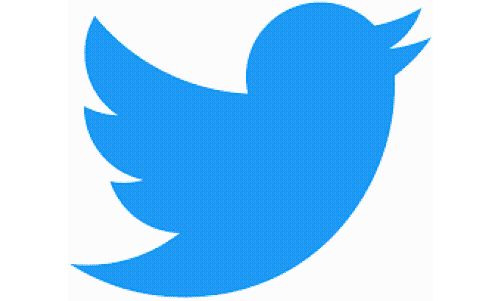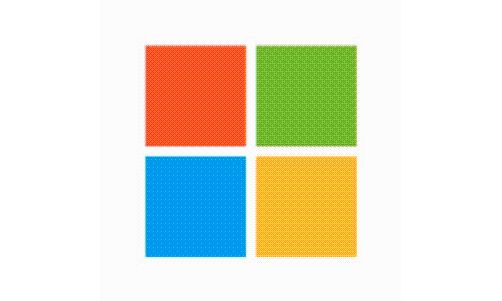Weill Cornell Medical College recently undertook a study, shedding light on the hidden costs of terrorism attacks that affect the nation. The study links the stress caused after the 9/11 attacks to a resurgence in smoking.
More than a million smokers in the country may have taken to smoking post the 9/11 attack, the researchers claim.
"This helps us better understand what the real costs of such disasters are in human and economic tolls, and it suggests ways that such future stressful reactions that result in excess smoking might be avoided," an instructor at the Weill Cornell Medical College's Department of Public Health and author of the study, Dr Michael Pesko, explained.
According to the study, Oklahoma City bombing didn't cause such an active increase in the number of smokers; the 9/11 attack, however, did, around 2.3 percent increase to be specific.
To explain how bombing and terrorist attacks caused an increase in smokers, Dr Pesko examined data from the Behavioral Risk Factor Surveillance System for two domestic terrorist attacks. This surveillance system basically examines the rates of risky behavior in the nation by conducting surveys, asking the individuals about their eating and drinking habits, addictions and their visits to the doctor.
Their findings revealed that there might have been a 2.3 percent increase in the number of adult smokers across the country, post attack.
"I was really surprised to find that former smokers across the nation resumed their old habit," Dr. Pesko explained. "I was expecting to see impacts just in the New York City area - or, at most, the tri-state area."
The cost of 9/11 induced smoking to the government may be around $530-$830 million, Dr Pesko claimed.
These figures include the use of Medicare, Mediaid, decreased tax revenue as a result of loss of work associated with less productivity and more.
A public health response may prove to be beneficial in overcoming in the problem. "Another strategy would be to alert health professionals to do more substance abuse screening during regular medical appointments following terrorist attacks, or any such event that is likely to stress the nation," Dr Pesko added.












